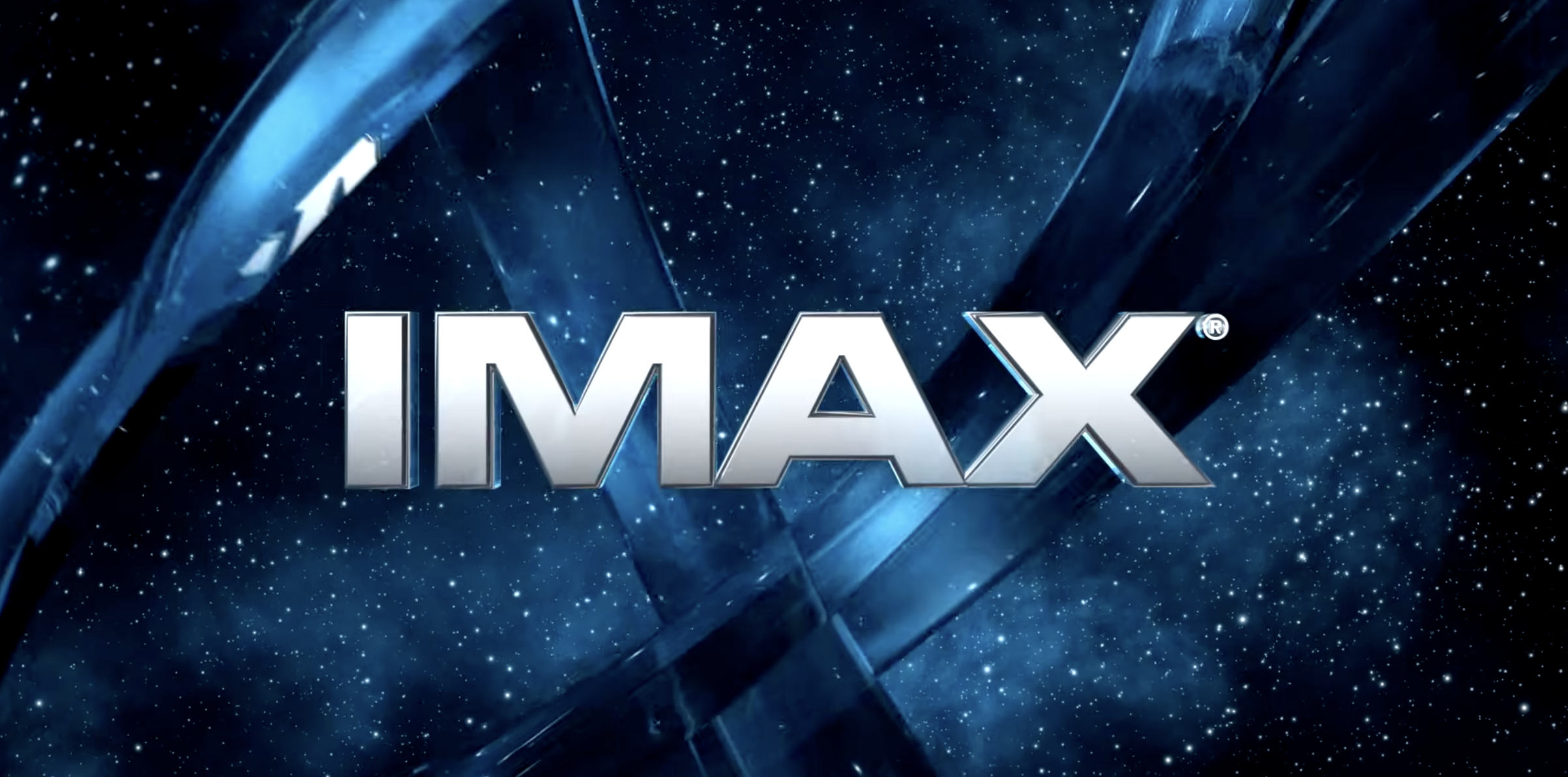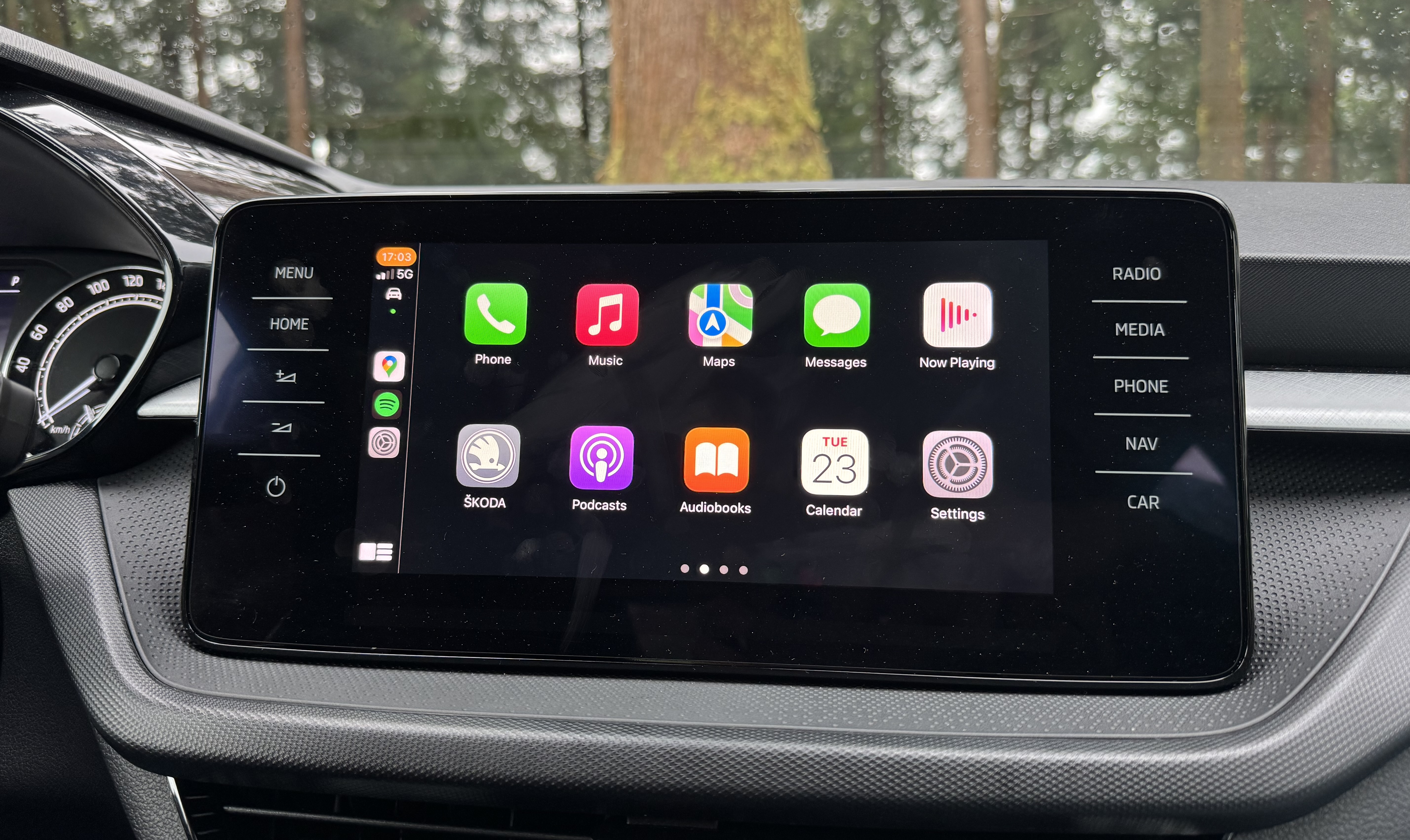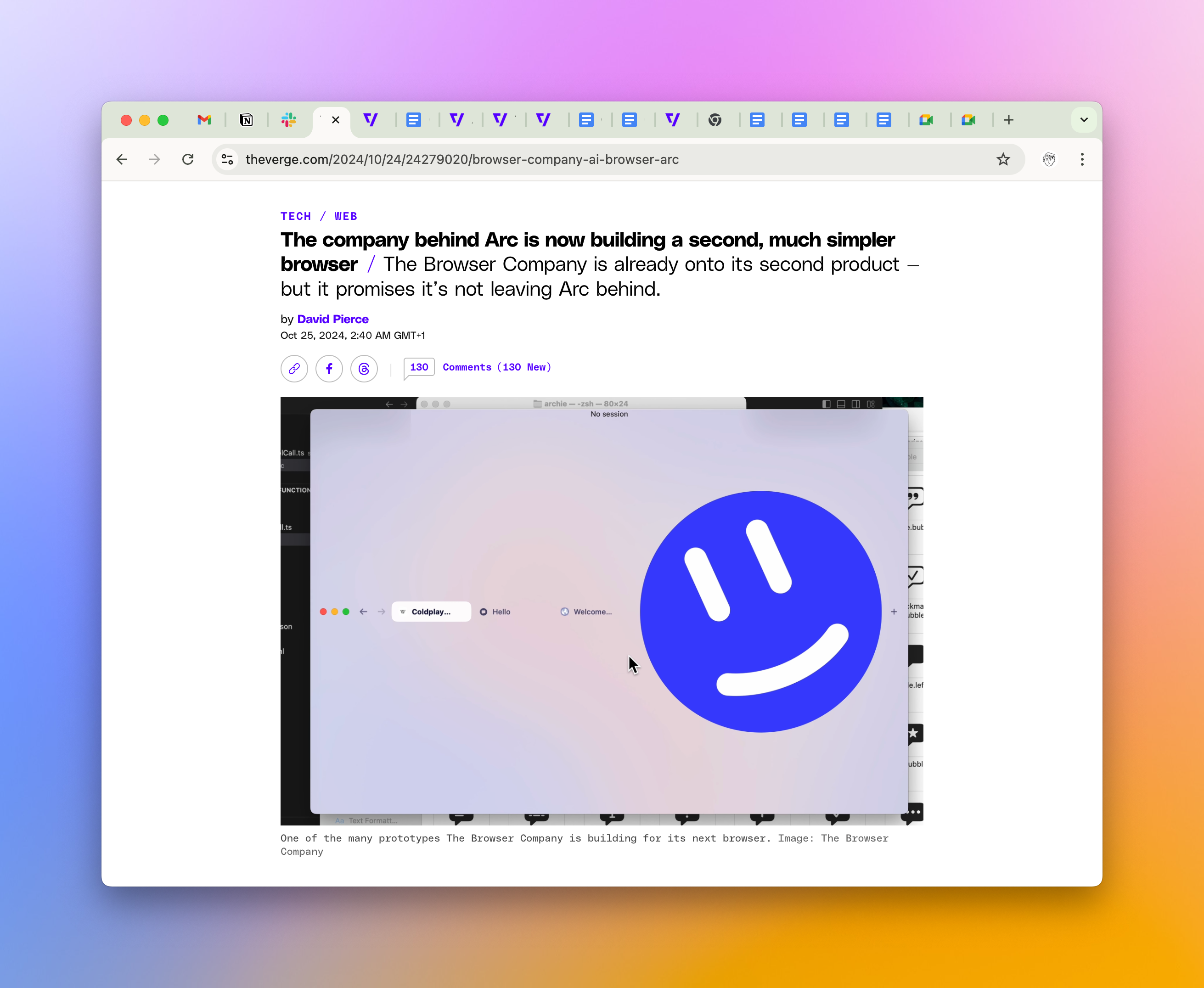A Controversial Opinion: Online Ads Are Good
One of my most controversial opinions is that online ads are actually great for the society and the public narrative shifting to paid subscription software, services and content might prevent a lot of people from accessing them in the first place.
Probably, one of my most controversial opinions is that online ads are actually great for the society and the public narrative shifting to paid subscription software, services and content might prevent a lot of people from accessing them in the first place.
You see people in tech being very vocal on the topic of monetization models of Google and Facebook. Some claim they’d prefer to have a paid ad-free experience and ready to pay however. As of September 2020 the ARPU for Facebook is almost $12 per month and it’s mostly driven up by the US and Western Europe – that’s how much they’d have to pay. Tech Twitter welcomed Hey, a paid email service that costs at least $99 a month, as well as a number of other apps and services. That effect is accelerated by the whole industry of apps switching from one-time purchases to subscriptions – a whole different question. And paid premium software is getting way more expensive, something I covered before.
It’s one thing to live in San Francisco, work at a tech incumbent or even a startup, and have enough resources to throw some for an exclusive email service. Or you can live in Utah. Or maybe in a small village in Italy. The average dollar-adjusted income varies in different developed countries but it’s still high compared to the rest of the world.
But there are people who have a much smaller income or maybe none of it. I didn’t have a debit card when I was growing app. They were a thing but my parents didn’t really have them. Even if I had some cash it would have been extremely difficult to buy something online with it. I was only able to start doing that when I started earning a bit of money doing web development – and accepting WebMoney, a product with a truly terrible experience but too few alternatives at the time.
Despite all of that I was able to enjoy the same global Internet as basically anyone else. We used the same Google. We all raved about Gmail when it launched. I learned a ton of stuff by reading tutorials and chatting on forums. Early social networks allowed us to communicate with our friends and classmates. All of that was free for us and funded by our mere potential to buy something. And it was beautiful.
I enjoy seeing great artisanal software created for people who are willing to pay more money to get nicer things. I’ve been one of these people on multiple occasions. And yet I worry that this might lead to the segregation of the Internet and radically different experiences for people with an opportunity to pay and the ones without it.
There’s nothing nefarious with collecting data we share online in order to serve better, more relevant ads. It’s not your crazy stalker watching your windows through a pair of binoculars. It’s a set of algorithms which don’t care about you at all. Radically limiting that data collection would lead to much lower CPM/CPA and fewer people and companies willing to pay for your attention. Online ads aren’t always great: they might lead to a bad reading experience or throttle your browser. I support fighting that part of the issue. But I’ve never really hated the experience that ads on Facebook or Instagram give me. It’s not ideal but I wouldn’t pay for that service.
By the way, Hey now has 30,000 paying customers, which is very impressive but also shows how many people are actually ready to pay for software when there are free alternatives.
And of course, there’s a ton of edge cases in tech, just like in any other industry. People might use social networks to spread political lies. Or target real estate ads to only white people. This is still a new industry and we need to deal with it on a case by case basis, learning and adjusting the policies to avoid this. But threatening to throw away the concept altogether is just impractical.




